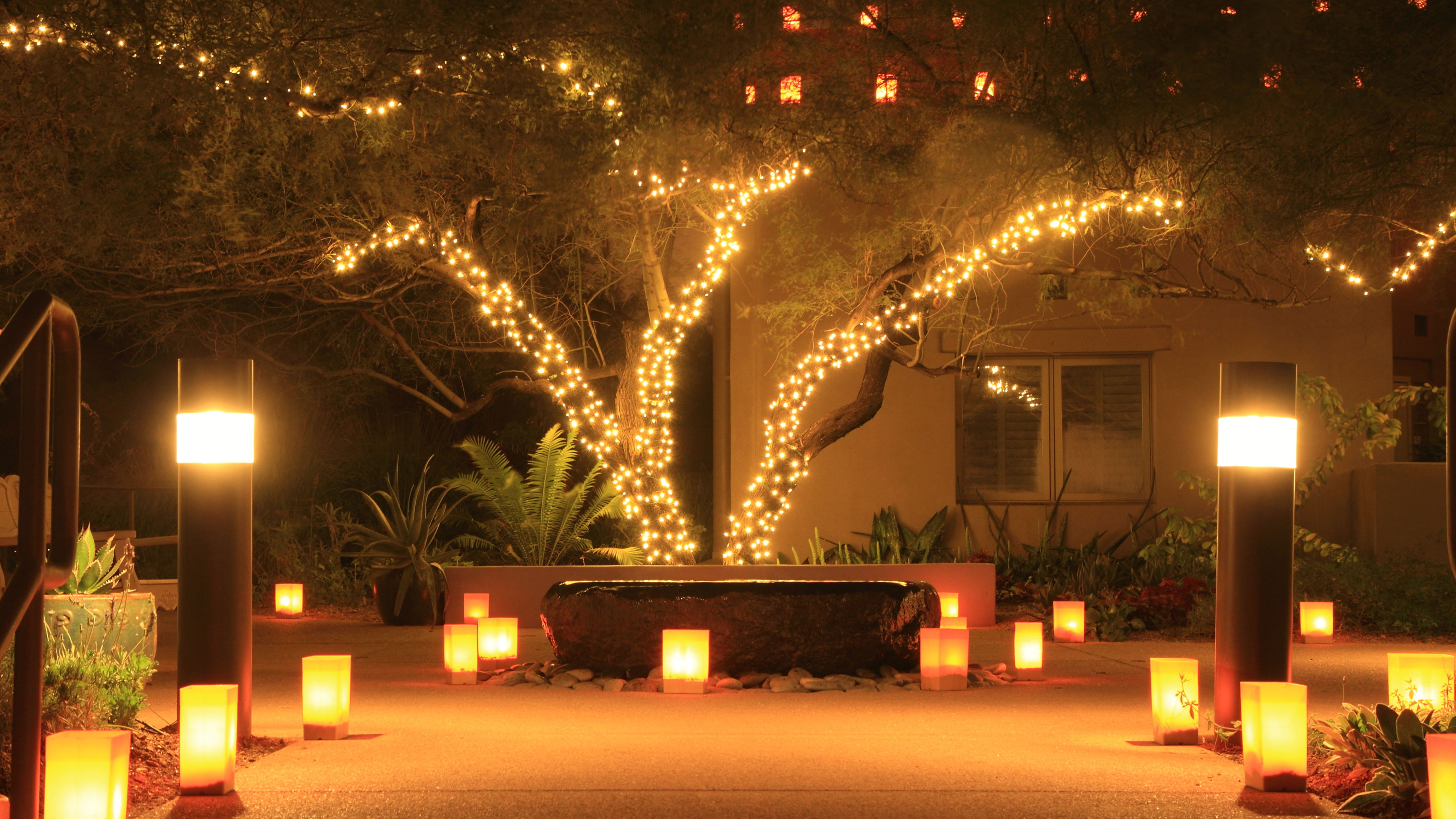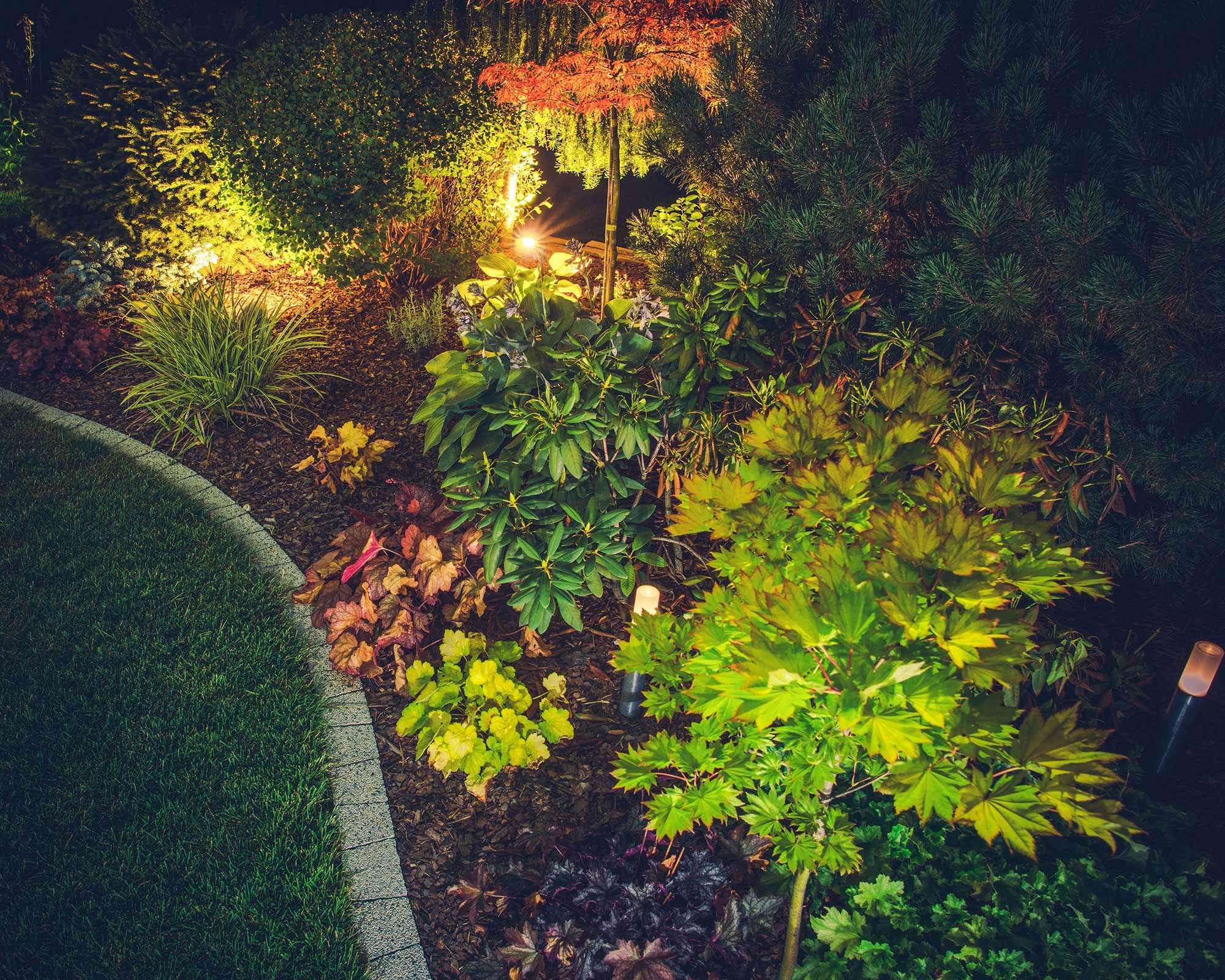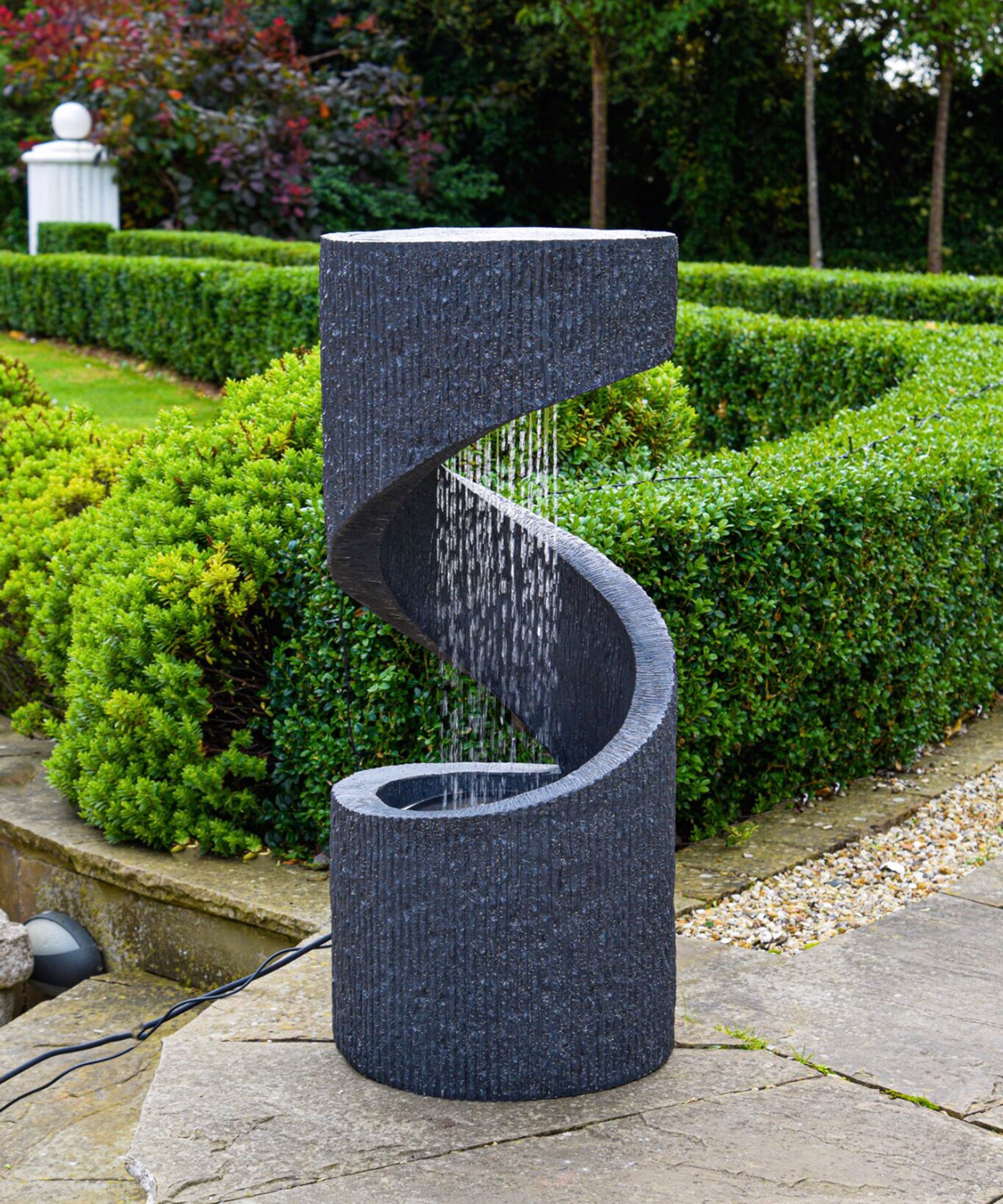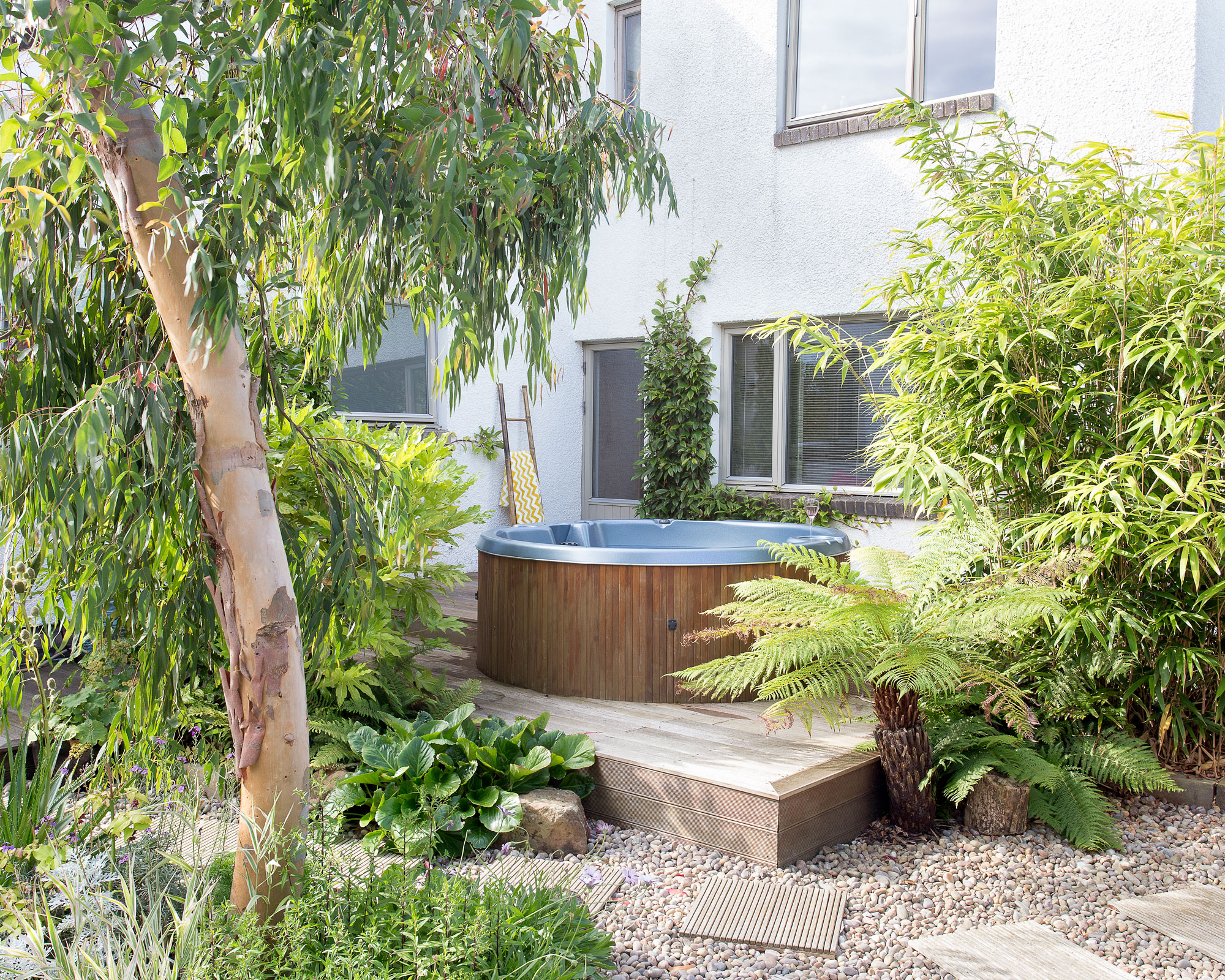Expert reveals the one garden task that should always be left to the professionals
Whether you’re thinking about adding new outside lights or plugging in a hot tub, it's best to call in the experts to sort out your outdoor electrics


When it comes to garden tasks, it seems there's one job that's just too much of a risk to tackle yourself, however much money you think it might save you.
According to latest figures, one in 10 people in the UK experience electric shocks when installing and using electrics in the garden, says Paul Collins, head of technical services at NICEIC (The National Inspection Council for Electrical Installation Contracting).
Everything from installing new outdoor lighting to fitting an external plug socket can put you at risk of serious injury if you're not properly qualified.
'With gardens becoming an extension of our home, electrical installations are becoming much more common and complex in outside spaces,' says Paul. 'So in the UK we would always recommend talking to a NICEIC certified contractor as this type of work can be very dangerous if installed incorrectly.'
So just what are the main things to consider, according to the experts? This is what you need to know.
Outdoor electrics warning

Paul says that the increased risk of wet and windy summer weather means that homeowners must now take even greater care when considering installing and using outdoor electrical items and equipment.
'Water and electricity are never a good mix so when it comes to adding outdoor electrics, it is important to ensure it is installed correctly and safely,' he says.

If you want to add external sockets to use for gardening tools and equipment such as strimmers or lawn mowers, for your outdoor lighting or to power a water feature, always ask an electrician to fit them.
In addition, your professional should check that these sockets have the correct IP (Ingress Protection) Rating. This provides protection against water, from rainfall and hosepipes coming into contact with the electrical current, which can be life-threatening.
'Also, all sockets should also be protected with a Residual Current Device (RCD) which switches off the flow of electricity when a cable or flex is cut – by a lawn mower or strimmer, for example,' adds Paul.
Tips for hot tub electrics

Adding one of the best hot tubs to your outdoor space has never been more popular – global demand for this relaxing feature for a garden retreat soared by more than 400 per cent during the pandemic in 2020, according to What Spa? magazine.
But Paul says that whether you choose an affordable ‘plug and play’ inflatable hot-tub or a more luxurious fitted model, it’s important to get a professional to deal with the electrics.
'If you’re bringing a temporary hot tub out this summer, you should always call in the help of a certified electrical contractor as there are a variety of technical considerations that must be taken into account,' he explains.
'Many small, temporary hot tubs may come with a standard 13-amp plug. If you are planning on running an extension lead to where the hot tub is situated, ensure that the lead is fit for the load of the hot tub and is suitable to be used outside, however, it is not something I would recommend.
'If you are looking to install a permanent hot tub, you may need to have it installed on a separate circuit and the installer will need to consider other technical requirements. Your local certified electrical contractor will be able to best advise.'
Consider yourself warned. If you're planning to install any outdoor electrics this summer, it's best to get those professionals on speed dial.

Jayne Dowle is an award-winning gardening, homes and property writer who writes for publications including Sunday Times Home, Times Bricks & Mortar, Grand Designs, House Beautiful and The Spectator. She was awarded the Garden Journalist of the Year accolade at the Property Press Awards in 2021.
